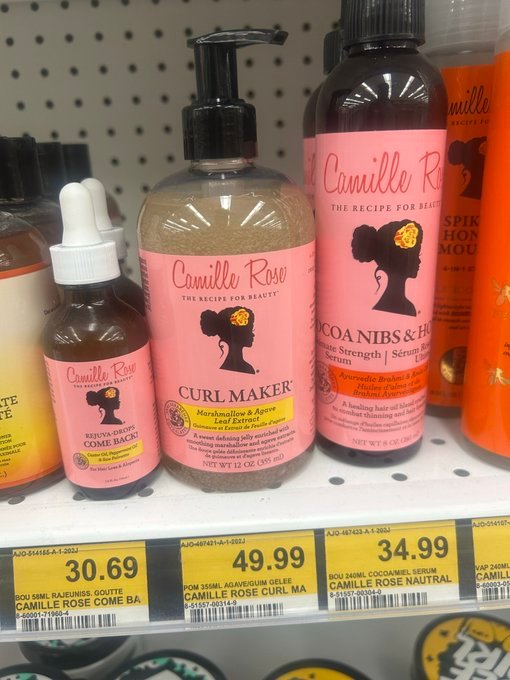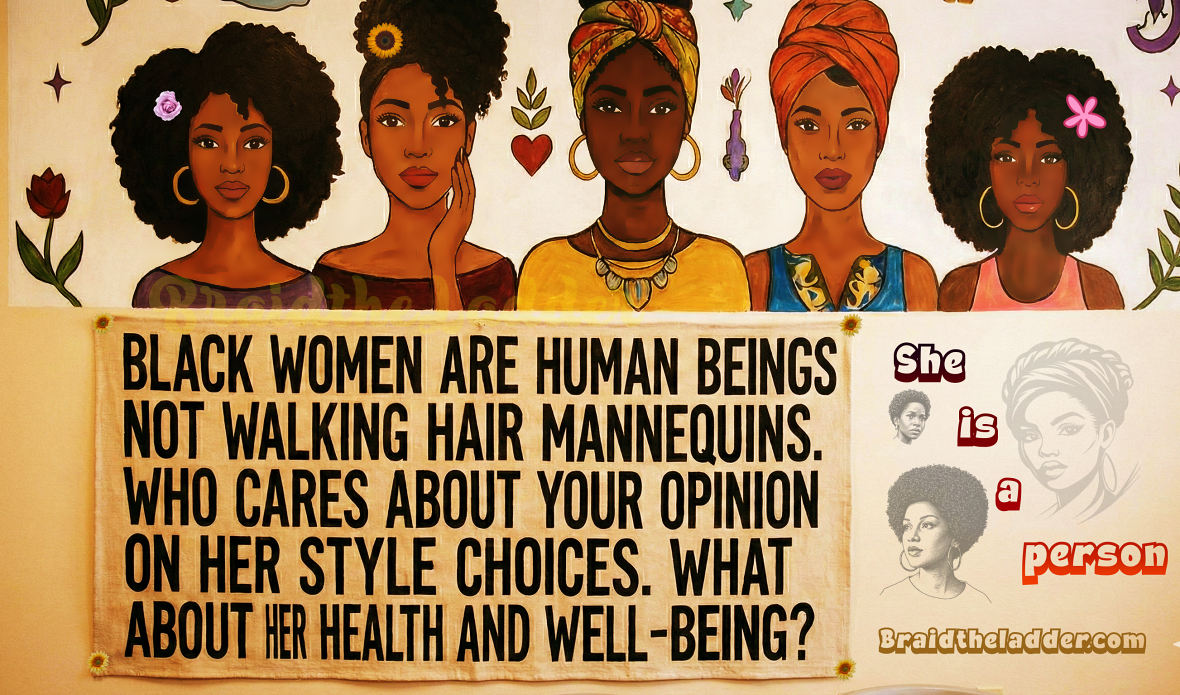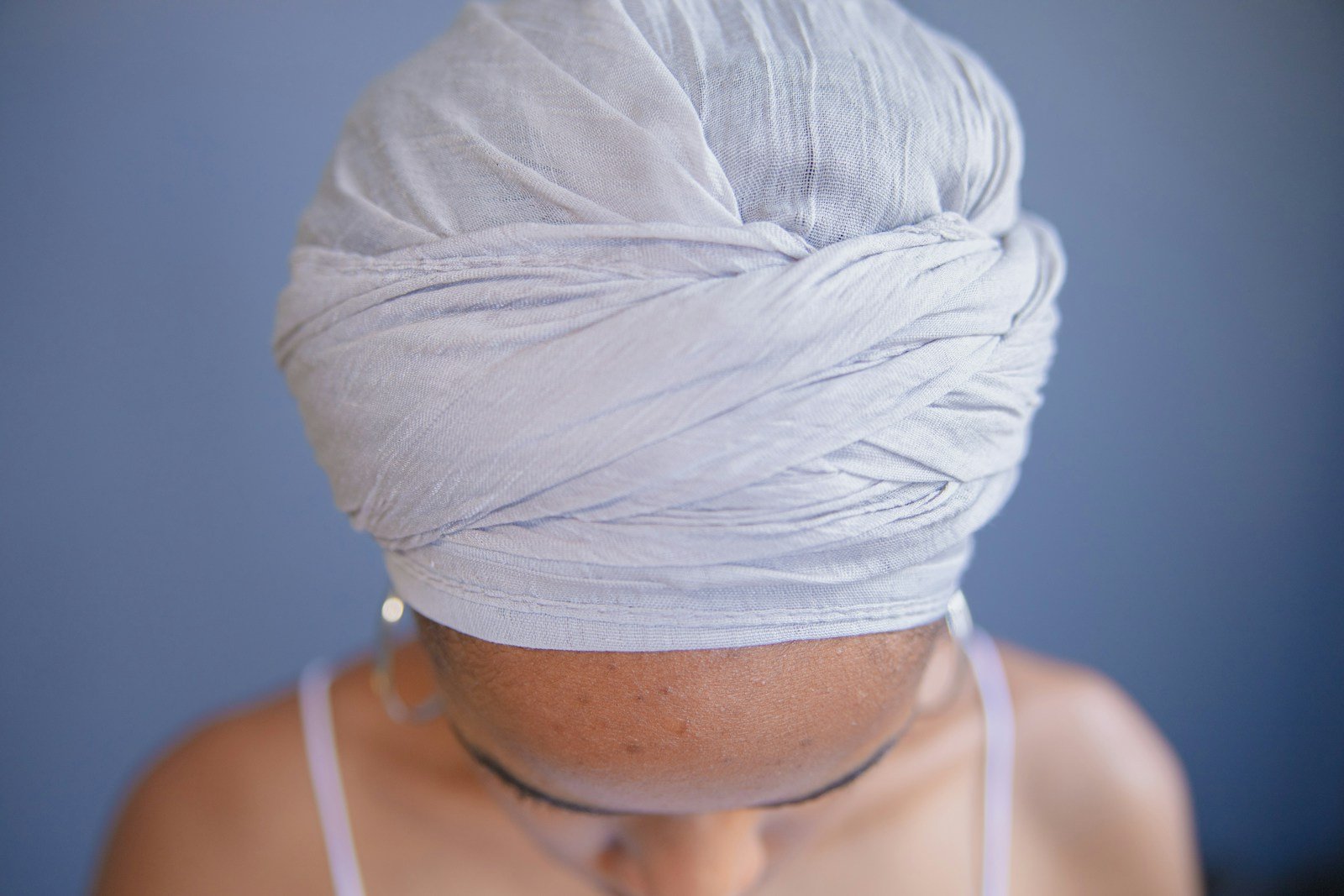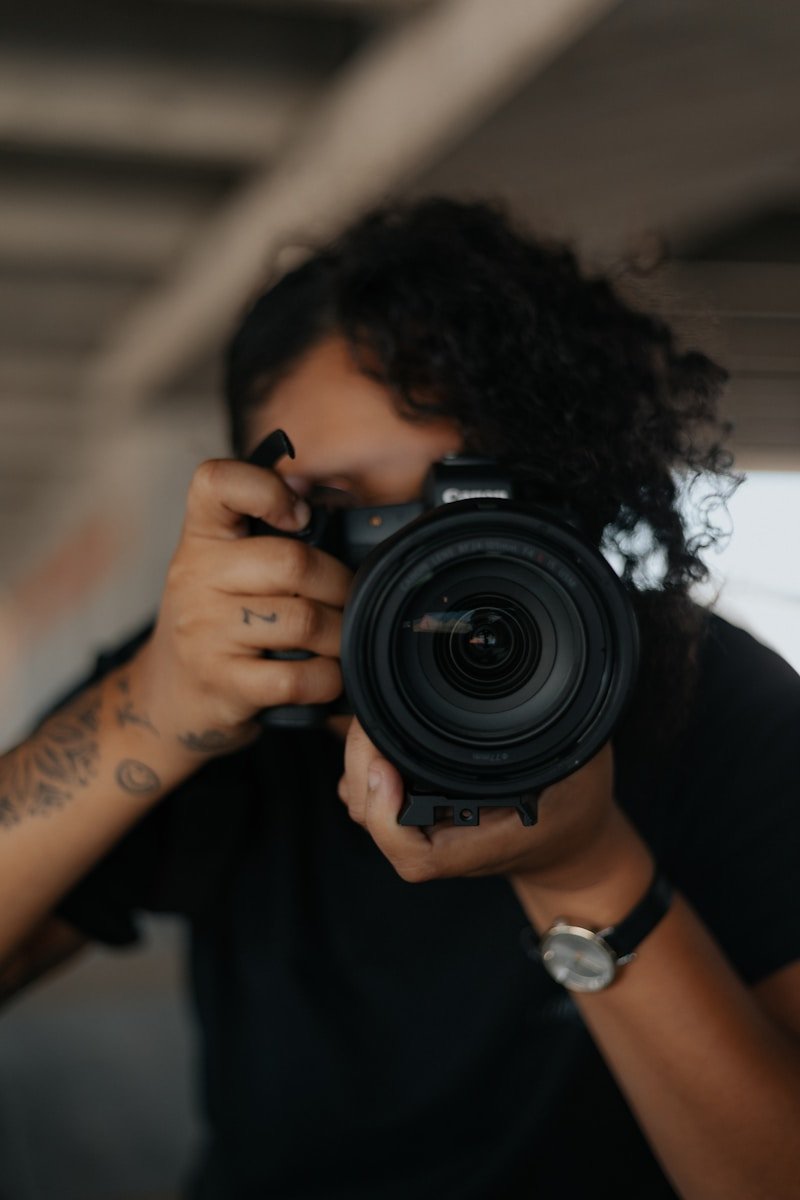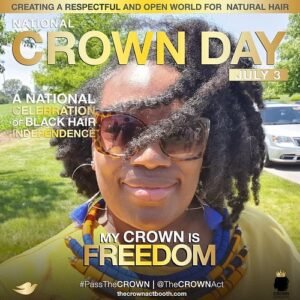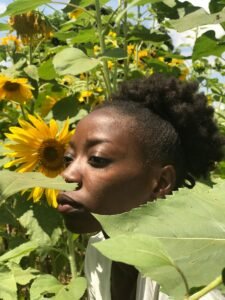Why Black Hair Care Costs More — And Why “Just Use Other Products” Is Not the Answer
There is a quiet tax on Black womanhood.
You see it every time you try to moisturize your hair, protect your curls, or simply walk out the door with confidence.
People love telling Black women:
“Just use the cheaper products.”
“Those other brands work fine.”
“You don’t need all that.”
But here’s the truth —
all hair is not your hair.
And Afro-textured hair is not one texture.
It is a spectrum.
There is no single solution that works for all of us.
And pretending otherwise is harmful.
1. “Those other products work too” is not a universal solution
For tightly coiled hair, or high-porosity hair, or low-porosity hair, or hair that tangles easily, or hair that doesn’t respond well to sulfates or silicones, those “other” products do not work.
They often:
- dry the scalp
- strip moisture
- weaken curls
- cause breakage
- create long-term damage
Black women who avoid harmful ingredients aren’t being “extra.”
We’re protecting our scalp, our edges, our identity, and our health.
The suggestion that we should “just use” whatever is cheap ignores the real biology of Afro-textured hair.
2. There is diversity within Afro-textured hair — real diversity
Some of us have:
- coily strands
- cottony strands
- spirals
- zig-zags
- tight micro-coils
- looser curls
- dense sections in the back
- fragile sections in the crown
Even within one head, multiple textures live together.
So when someone insists:
“Use the cheaper stuff, it works for me…”
They are forgetting something essential:
All hair is not your hair.
What nourishes one curl pattern destroys another.
What works for one scalp irritates someone else’s.
Black women are not being picky.
We’re being responsible.
3. We are not “product junkies” — we are problem solvers
Here’s the real story:
Black women spend years trying to find what works
because we’ve been denied affordable, safe options for most of our lives.
We experiment because:
- products are discontinued without warning
- formulations change
- low-cost options often harm us
- our curls behave differently depending on climate, region, medication, water quality, and health
- we’ve been given conflicting advice for generations
This is not addiction.
This is problem-solving.
We’re not chasing trends.
We’re chasing what our hair actually needs.
And the market often makes that search unnecessarily expensive.
4. “Just use what they use” is rooted in misunderstanding — not reality
People who say “those other products work too” usually have hair that:
- doesn’t need deep moisture
- doesn’t shrink tightly
- doesn’t coil by nature
- doesn’t need protective techniques
- isn’t sensitive to harsh ingredients
That’s not our reality.
Our reality requires:
- slip for detangling
- moisture that penetrates
- sealing oils that protect
- leave-ins that don’t dry out in three hours
- ingredients that don’t cause hair loss
- tools designed for our density and curl pattern
The right product can be the difference between healthy hair…
and months of repairing preventable damage.
5. The cost disparity punishes us for needing what actually works
The problem isn’t Black women.
The problem is a market designed to make the basics expensive.
We deserve:
- affordable conditioners
- accessible curl creams
- safe, non-toxic ingredients
- tools that respect our hair
- shelf space that reflects our worth
- pricing that honors our identity, not penalizes it
Black women shouldn’t have to choose between healthy hair and affordable hair care.
We deserve both.
